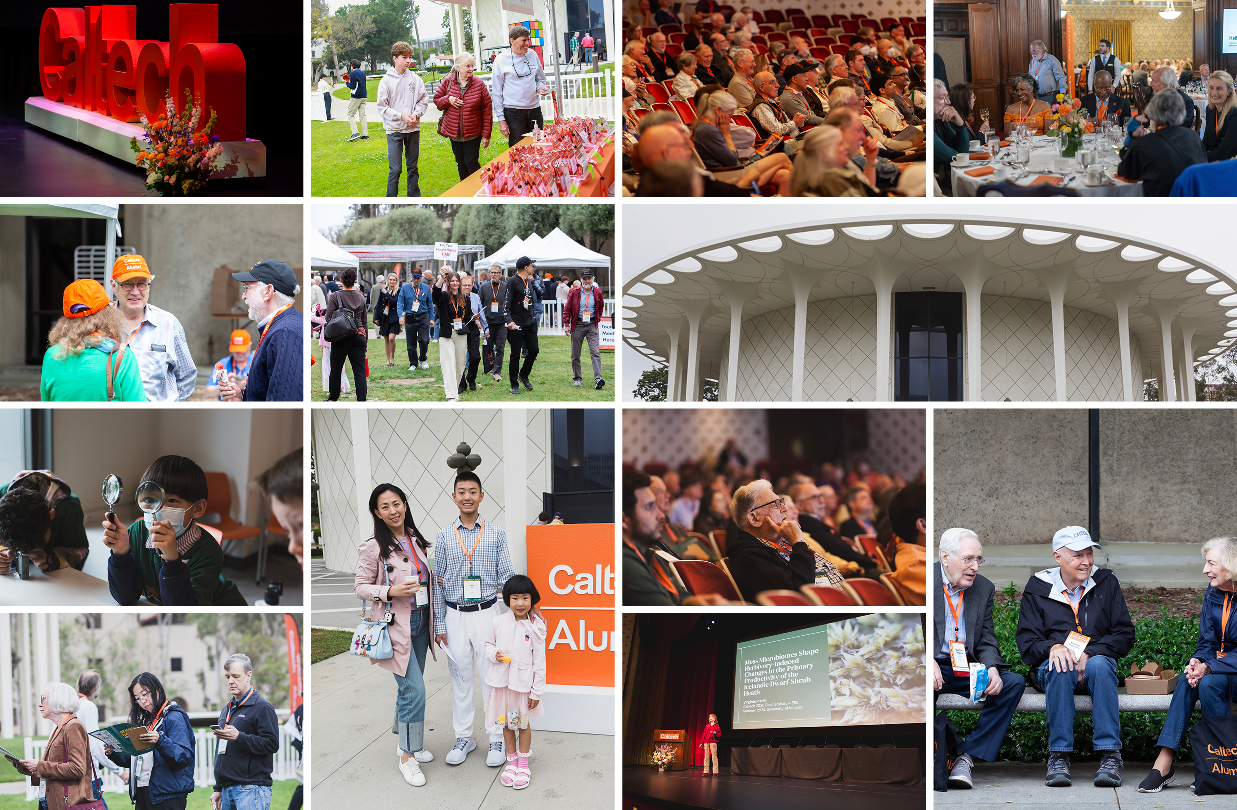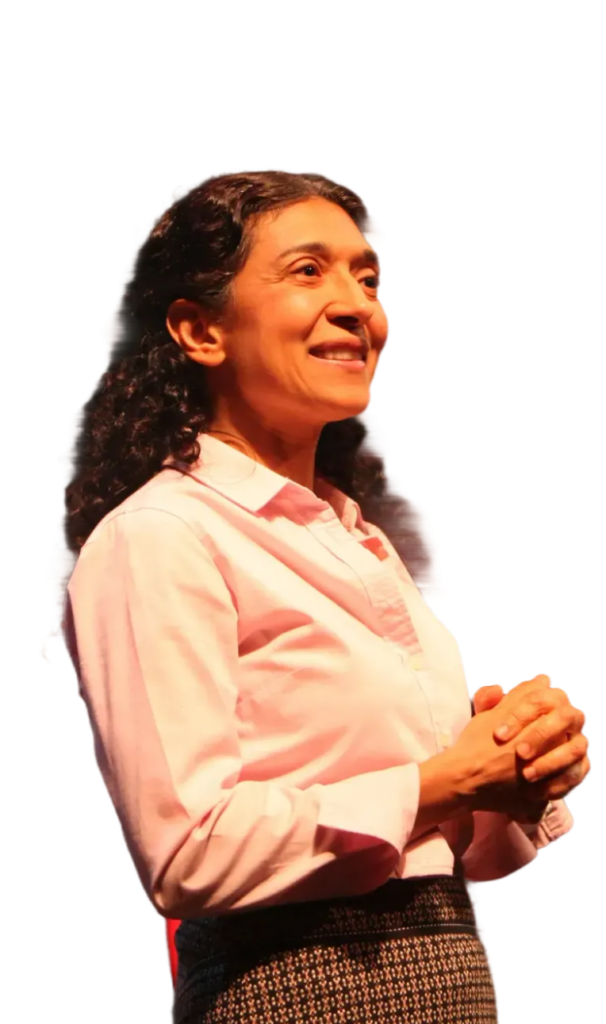
Seminar Day
The 89th Annual Seminar Day returns Saturday, May 16. Join in person or stream from anywhere in the world.

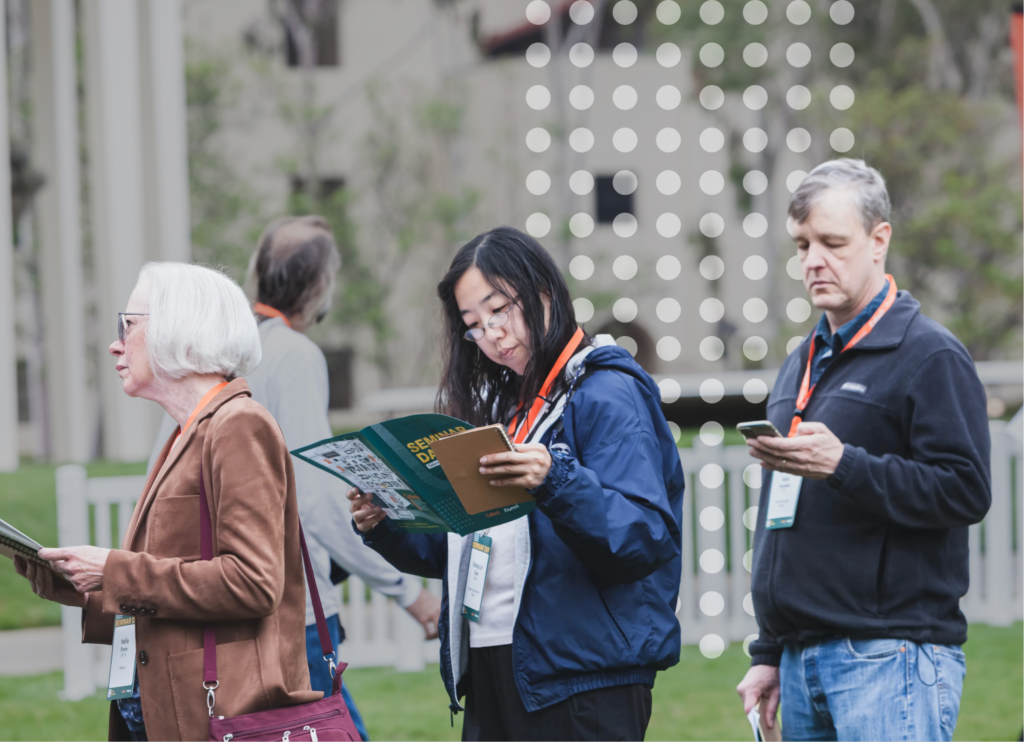
Join the Caltech Community
Hear from faculty across all six divisions, explore cutting-edge research and tour campus labs. Whether you’re in Beckman Auditorium or joining virtually, it’s a full day of discovery.
Saturday, May 16, 2026
7:30 a.m.–6:30 p.m. (PT) | Beckman Auditorium and Online
In-Person: $75 per guest
Virtual: $10 per guest
In-person registration closes Monday, May 1, 2026. Virtual registration closes Friday, May 15, 2026.
Schedule
From opening remarks with President Rosenbaum to afternoon electives and lab tours, browse the full day’s programming.
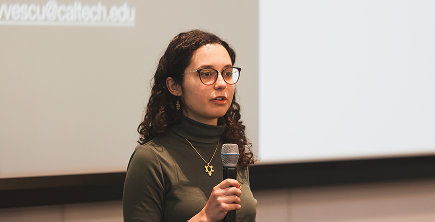
Speakers & Student Programs
Meet this year’s featured faculty and discover student research through the 3MT Challenge, Everhart Lecture, and Perpall SURF Competition.
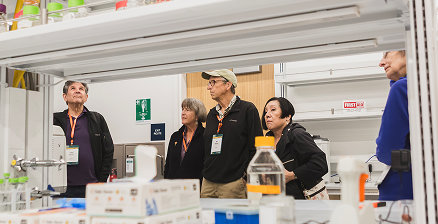
Lab Tours
Go behind the scenes at Caltech’s research facilities. Tours are first-come, first-served—sign up on-site at Beckman Mall.
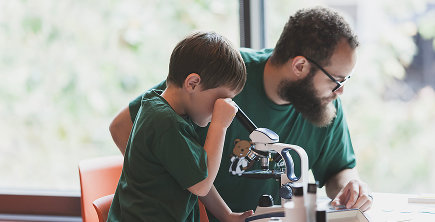
Seminar Day Kids
Tiny Techers ages 5 to 13 are invited to join current Caltech students for hands-on STEM activities, arts and crafts, and more.
Plan Your Visit
Find campus resources, maps, parking details, Pasadena highlights, and helpful information for Caltech visitors.
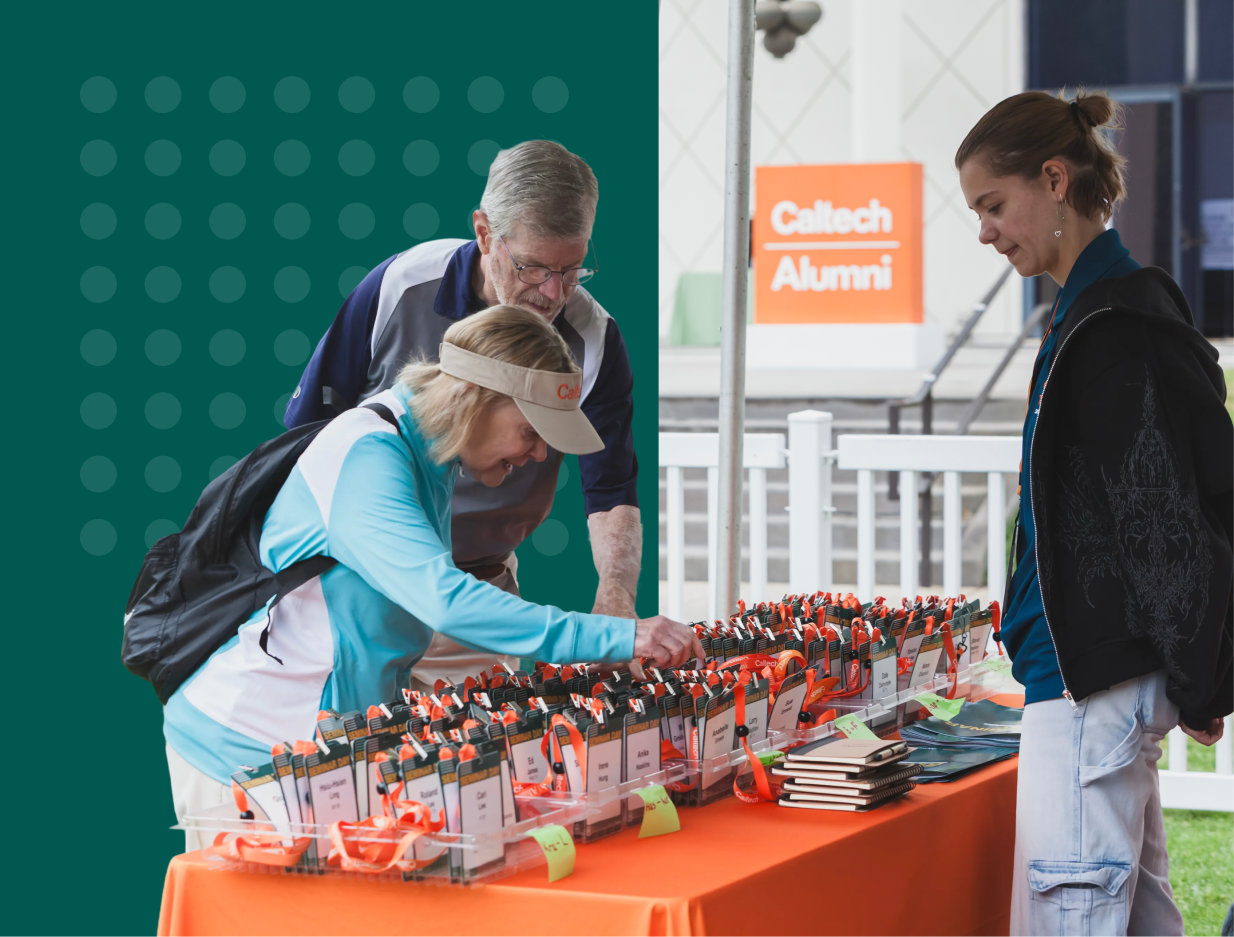
FAQs
Registration, virtual access, or accessibility questions?
Start here.
